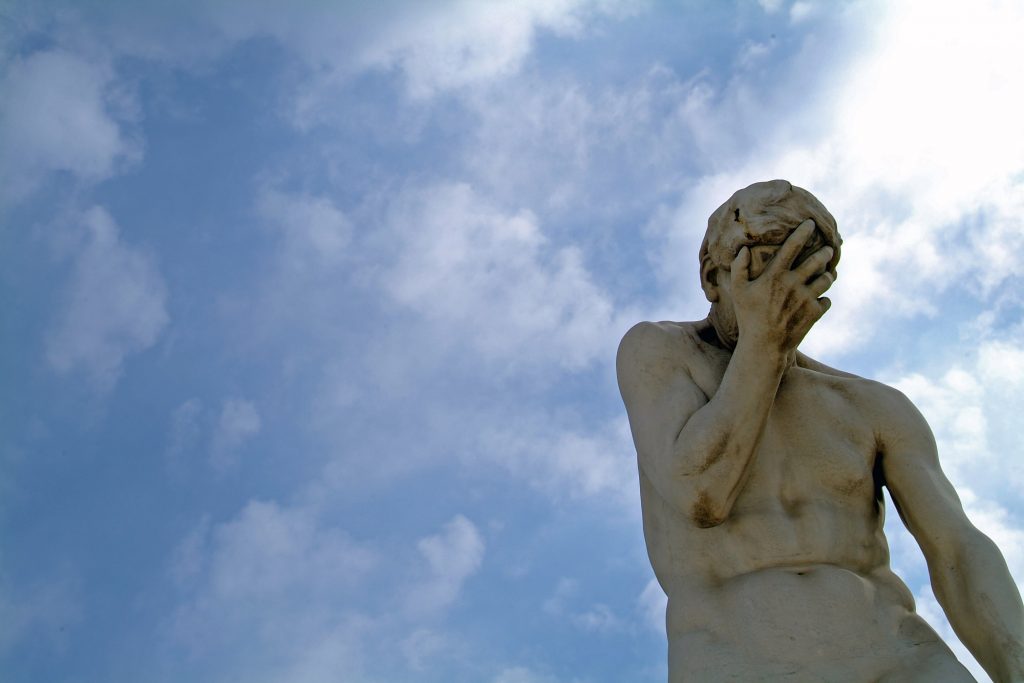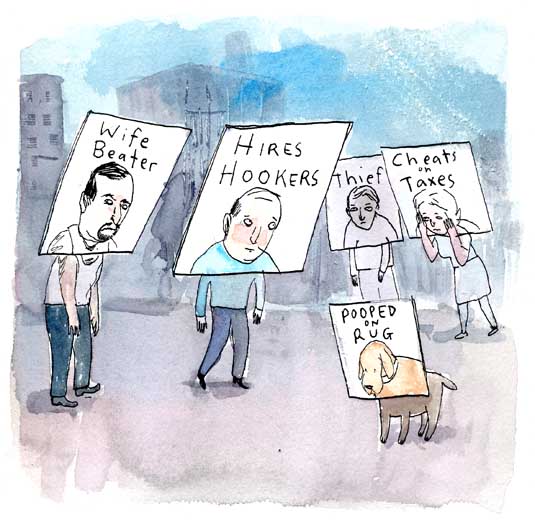There’s No Shame in Shame

Everyone feels shame somewhat differently. However, new research suggests that the underlying triggers of our shame have much in common.
A study published today in Proceedings of the National Academy of Sciences suggests that shame is an emotion that actually helps buffer people from social backlash.
The researchers surveyed 900 people from the United States, India, and Israel. They compared, for a handful of negative behaviors and traits, the intensity of shame that people feel about themselves to “devaluation” (the degree to which others view them in a negative light). They tested 29 scenarios in which a person’s behavior or circumstances might lead them to be looked down upon by others, such as theft and infidelity. The team found that the intensity of shame felt by an individual closely correlated with the level of disapproval expressed by others.
“To say that shame is bad just because those things feel bad is like a case of blaming a messenger of bad news,” says Daniel Sznycer, the lead author of the study and a postdoctoral researcher at Arizona State University. “The real problem with bad news is the news itself … Shame is a signal that things are going to be ugly.”
The researchers also found that the causes of shame aligned with the cultural norms of the different countries. For instance, eating with the left hand is considered shameful in India, and therefore people there are conditioned—presumably by the sense of shame—to eat only with their right hand.
This strong cross-cultural relationship between shame and devaluation was specific to shame—the association did not exist with emotions such as sadness and anxiety. This suggests that those negative emotions aren’t correlated with the same exaggerated response by society that shame is.
These conclusions differ from a prominent theory of shame in the field of psychology, in which this emotion is considered maladaptive. In other words, it is considered a trait that is associated mainly with costs, such as being shunned by peers, rather than benefits. The new research suggests that, much like pain, shame keeps people from making poor decisions in the first place.
“It’s really like a key that only makes sense when you compare the key against its own lock—it’s a very close and specific fit,” Sznycer says. Shame, like pain, is “exquisitely well-calibrated to the magnitude of the threat.”































